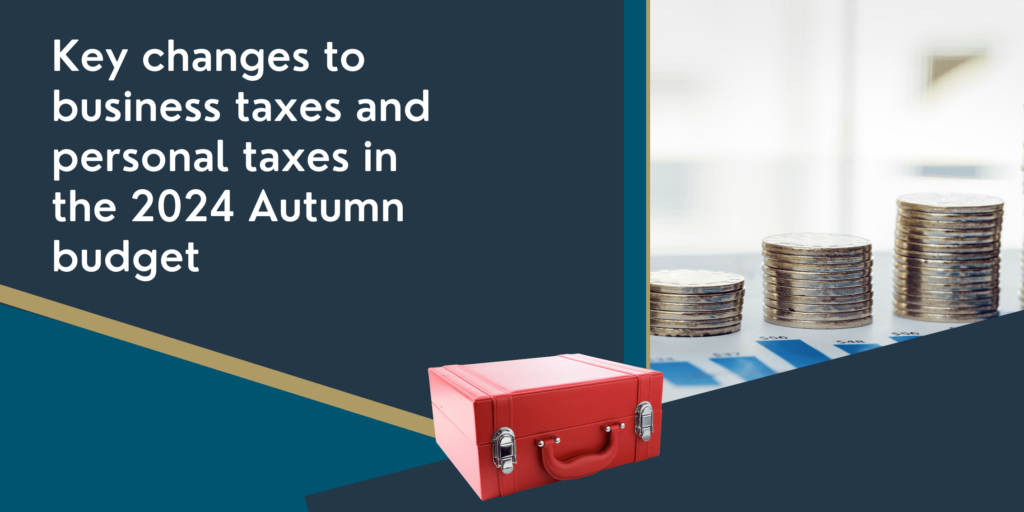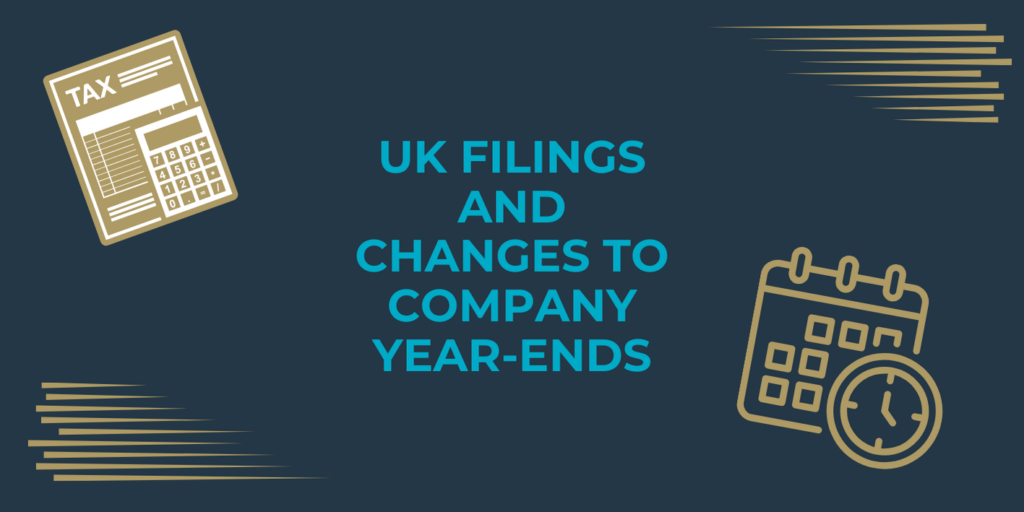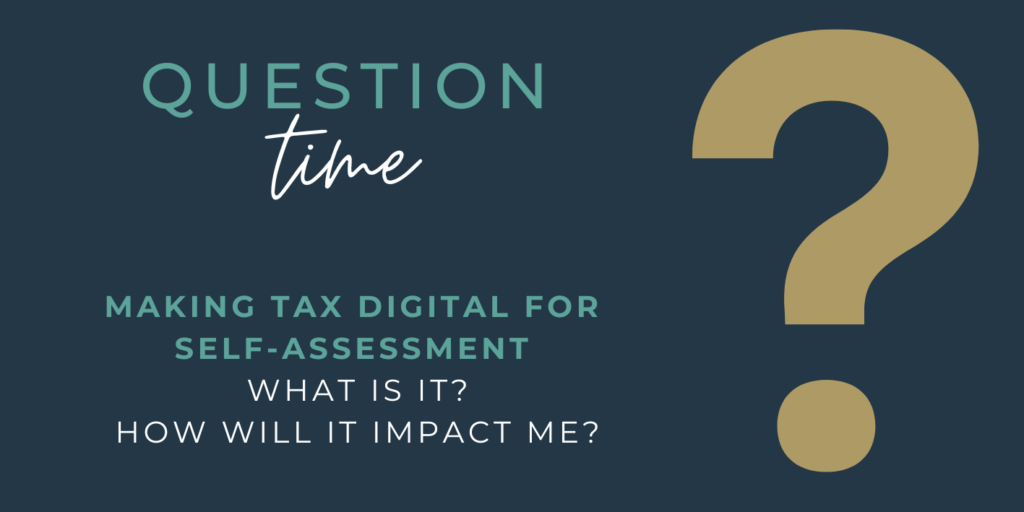Buying up bricks and mortar: Perry’s advice for first-time property investors
With interest rates at record lows and pension pots suffering from recent disarray, investment opportunities for those with available capital have become wider and more varied.
But out of the usual field of investments there is one commodity that has remained fairly steadfast – property. Buying up bricks and mortar has always been seen as a solid investment, giving excellent annual returns and appreciation rates.

The global crash of 2008 took its toll but since then the markets have recovered, with the South East remaining buoyant, meaning property is still an attractive proposition for investors.
But when dealing such high figures and the inherent nature of property chains and pitfalls there are risks – especially to the first-time investor.
Here we look at the potential problems and offer our advice to those looking to take the plunge into property.
Making a return
There are two main options for making a return on property – selling on immediately for profit or renting it out to tenants.
Properties in need of serious TLC can be bought for bargain prices and sold on for a tidy sum, but those looking to go down this route will need to ensure they have enough funds to complete the work. Property renovations can often cost more than first expected or budgeted for and additional work can often be uncovered once you make a start.
In order to make a good return you’ll also want to make sure you can turn the property around quickly and get it sold. The longer it takes to do up and sell the more bills and mortgage payments will mount up.
Many investors will decide to make their return through renting. This can be done by letting a bedroom, or renting out the entire property, but landlords should bear in mind they are not exempt from refurbishment works.
A home should be in good working order and condition for any tenant – whether they are taking a room or the whole house, so extra funds to pay for any repairs of redecorating should be considered on top of the asking price.
The risks
Unlike stocks, shares and bonds – which can be sold or transferred quickly – property is a long-term investment. As we’ve seen in recent years values can suddenly drop, leaving householders in dreaded negative equity.Investors should be fully aware of the commitment they’re making before buying property and go into any purchase knowing they may have to ride out bad market conditions before being able to make the return they want.When it comes to letting, potential landlords should keep in mind the recent changes to stamp duty and the upcoming restriction of tax relief on mortgage interest payments.
From April this year anyone purchasing a buy-to-let home faced an extra 3% on top of their stamp duty payment. And former Chancellor George Osborne’s announcement that tax relief on mortgage payments for buy-to-let landlords would be cut, will kick in from April 2017.
Landlords currently receive a full write off of their mortgage interest from rental profits, but next year this will be reduced to 75% of the interest amount, with the remaining 25% being given as a basic rate tax deduction. Full relief will be phased out to 0% by 2020, resulting in a hike in tax liabilities for many Landlords. Some experts believe these radical changes will leave some landlords facing losses, and the figures could be made even tighter if interest rates go up.
Potential landlords should also consider ongoing maintenance costs to their property and have a contingency in place should they struggle to fill their property for any length of time – mortgage payments will still need to be paid.
Before you make a decision
Any property purchase is a huge commitment but taking on a second property requires thorough financial planning to ensure you can see it through – particularly if you’re borrowing against your current residence.
Going through all the costs to ensure you are covered, or can resolve, any eventuality is of paramount importance, so think about your contingency plan.
The Money Advice Service offers good initial pointers to those looking to move into property investment. You can read its advice here
For those who have gone through the initial numbers and are keen to make a start, Perrys is on hand to help you get on the property investment ladder. Our specialist property team can offer expert advice on all aspects of property taxation – including the changes in April and how they could affect your plans.
For those getting started in property investment we can arrange a free and informal meeting to go through your affairs and ensure they are structured as efficiently as possible. For more information about these services click here or get in touch.







